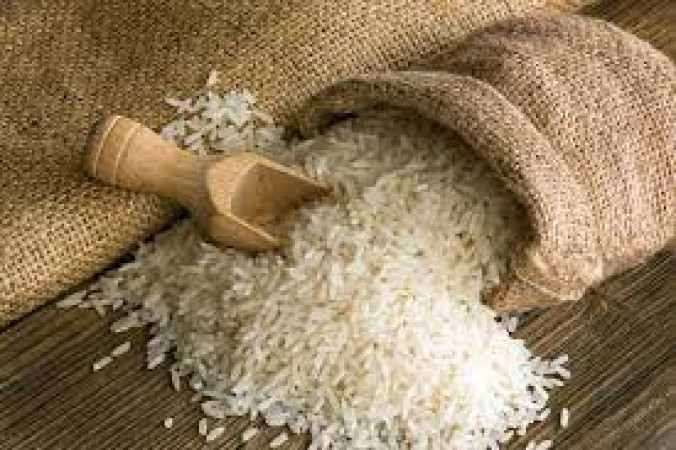
Rice is a staple food for millions of people worldwide, especially in Asian countries. However, consuming rice daily may have significant effects on your body. Let's delve into what experts have to say about the impact of daily rice consumption on your health.
Rice is more than just a food—it's a cultural icon and a dietary cornerstone for many. With its versatility and ability to complement various dishes, it's no wonder that rice has earned a special place on our plates. But does this love affair with rice come at a cost?
Rice is a good source of carbohydrates, providing energy for our daily activities. It's also low in fat and contains essential vitamins and minerals like B vitamins and iron.
Experts often highlight the nutritional differences between brown and white rice. Brown rice retains the bran and germ layers, making it higher in fiber, vitamins, and minerals. White rice, on the other hand, is more refined, which removes some of these nutrients.
Consuming excessive amounts of rice can contribute to weight gain, especially when portion sizes are not controlled. The high carbohydrate content can lead to increased calorie intake if not balanced with other food groups.
Rice has a high glycemic index (GI), which means it can cause rapid spikes in blood sugar levels. This can be a concern for individuals with diabetes or those looking to manage their blood sugar levels.
Brown rice, with its higher fiber content, supports digestive health by aiding regular bowel movements and promoting a healthy gut.
For individuals with diabetes, moderating rice consumption is crucial due to its impact on blood sugar levels. Experts recommend choosing brown rice or controlling portion sizes to manage glycemic response.
Excessive rice consumption may contribute to heart disease risk, primarily due to its potential to raise cholesterol levels. A balanced diet that includes whole grains can be a healthier choice.
Rice is known to absorb arsenic from the soil, and prolonged exposure to arsenic can have adverse health effects. Experts advise rinsing rice thoroughly and varying your grains to reduce arsenic intake.
Controlling portion sizes is essential when enjoying rice regularly. Opt for smaller portions and balance your plate with vegetables, protein, and other whole grains.
Incorporating a variety of whole grains, such as quinoa, barley, and oats, can provide the nutritional benefits of rice while diversifying your diet.
Experts generally recommend moderation when it comes to daily rice consumption. Choosing whole-grain options like brown rice and being mindful of portion sizes can help you enjoy rice as part of a balanced diet.
Rice is undoubtedly a delicious and versatile food, but its impact on your health depends on how it's consumed. Experts suggest that moderation, portion control, and choosing whole-grain options can help you enjoy the benefits of rice while minimizing potential health risks. Incorporate variety into your diet, and remember that a diverse range of grains can provide you with essential nutrients while keeping your meals exciting.
Children start vomiting while traveling in a car, keep 5 things in mind
Want to travel with family in October? These places in India are better options